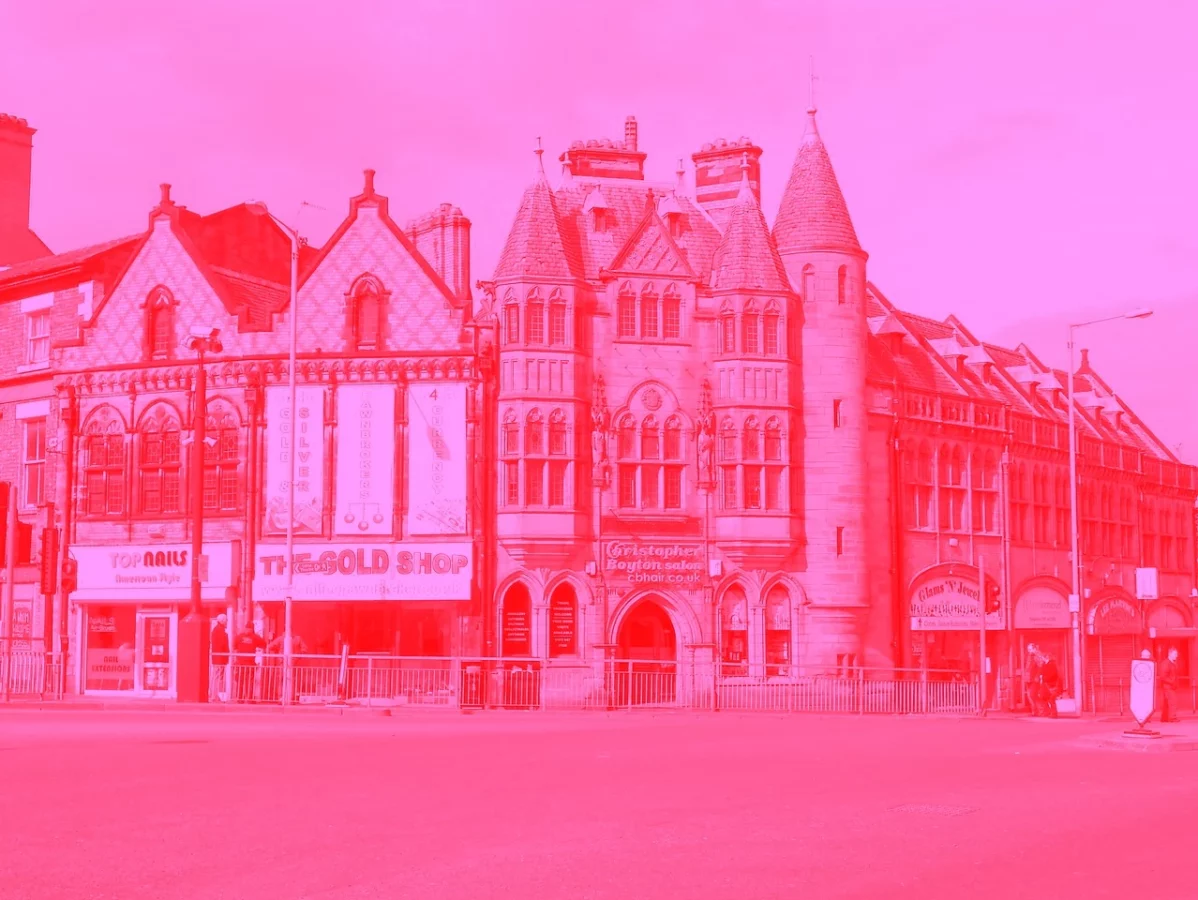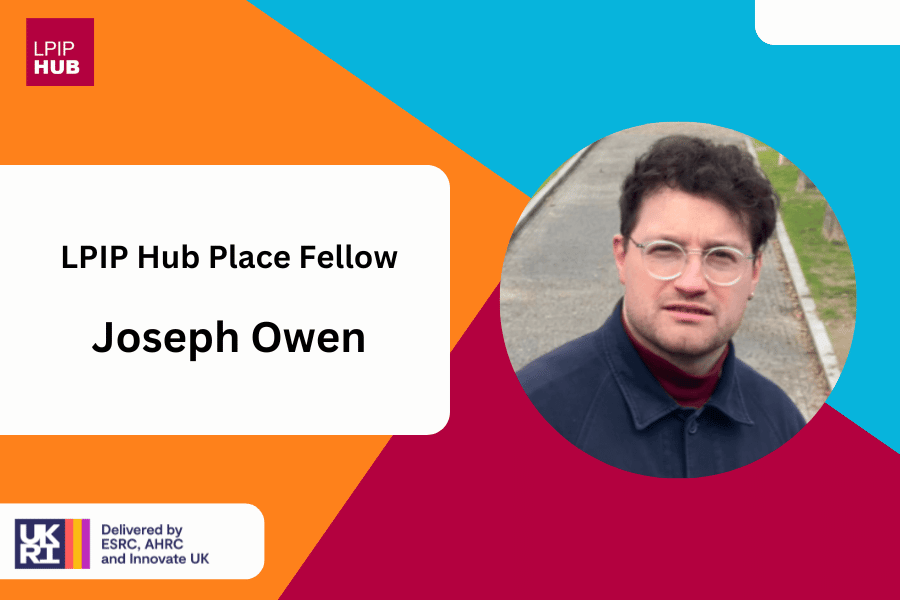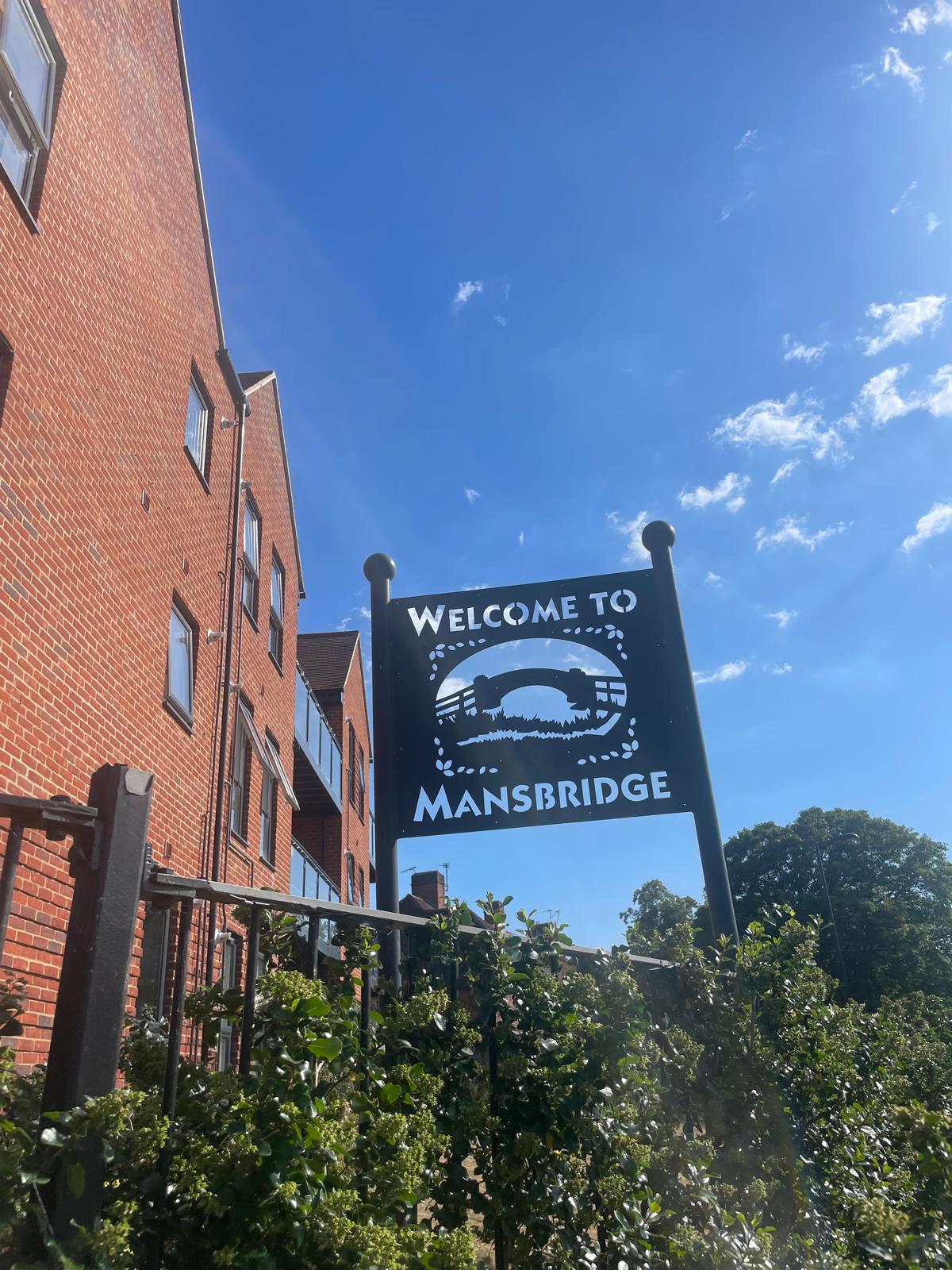Dr. Michael Howcroft, Research Fellow at the University of Southampton and Co-Investigator on our Feeling Towns project, explores some of the issues of researching civic pride and place identity.
The 2021 Levelling Up Fund prospectus and subsequent 2022 white paper both emphasised the political value of civic — or local — pride. The prospectus suggested that for many people “the most powerful barometer of economic success is the positive change they see and the pride they feel in the places they call home” and the white paper enshrines “restoring local pride” as one of its central missions. Yet, as others have noted, measuring and evaluating emotion is notoriously difficult — a point acknowledged by the authors in the white paper’s technical annex.
We, in the University of Southampton’s Institute for Arts and Humanities, have developed a knowledge exchange project, funded by the Arts and Humanities Research Council, and in collaboration with our lead partner organisations, to offer conceptual, practical and critical expertise on the topic of pride. Snappily titled Feeling Towns: the role of place and identity in governance and local policy (or Feeling Towns for short), the project brings together a community of practice from a range of sectors, communities and geographies to better understand and evidence the correlation between place attachment (which we understand as the emotional bond between people and place) and the health of local cultural ecologies.
The project has three key aims:
- To creatively and collectively explore methods of civic pride and place attachment, including its monitoring, evaluating and reporting. We understand this to be an opportunity to share the value and range of qualitative methods and metrics to complement the more dominant econometric approaches towards culture, regeneration and local economies.
- To cooperatively work across the multiple policy realms engaging with the Levelling Up agenda in towns, to share findings and influence policy.
- To produce new, shared understandings of the complex roles that civic pride and place attachment play in local government regeneration strategies.
Examining civic pride is important because it shapes and reflects the values and aspirations that local governments stand for and represent. As Tom Collins has shown, it provides a basis for thinking about how and why places promote and defend local identity and autonomy, and how emotions figure within, and are productive for, urban policy. We know that emotions have long been a resource for policymakers, or a target of policy, yet discourse around policy — especially cultural and regeneration policy — tends to privilege the larger, often ‘global’ and ‘metropolitan’ cities. The Levelling Up agenda has brought renewed political attention to towns perceived as ‘left behind’, and the government’s own appraisal and evaluation models (e.g. the ‘Green Book’) have been recently amended to make sure that the needs of these towns are represented.
That said, our previous research (Towns and the Cultural Economies of Recovery) found that many towns — and organisations within towns — do not have the same capacities to respond effectively to competitive, place-based funding processes. While larger authorities and organisations have established agile ‘project pipelines’ that strengthen their ‘bidding capital’, smaller and less well-resourced areas struggle to meet the same demands. Additionally, this emphasis on pride and place has meant that the monitoring and evaluation of residents’ pride to evidence policy success has become commonplace. Yet the tools for understanding and measuring pride are, like other affective metrics such as wellbeing, often relatively undefined and unexamined in policy documents, practice and evaluation.
We would like to challenge many of the assumed notions of civic pride. As well as being temporary, fragile, and difficult to measure, civic pride contains multitudes, and not all of its manifestations evidence policy success. We propose that the assumed correlation between high civic pride and high social capital needs more interrogation. So, in 2022, we are thrilled to have brought together an exciting group of partner organisations who are wrestling with these issues, too. They are: Historic England, Darlington Borough Council, Wirral Borough Council, Southampton City Council and a consortium of cultural organisations in Herefordshire. Drawing on a range of thinking about pride from cultural studies, queer studies, behavioural and social sciences, we are developing nuanced and locally relevant definitions and vocabularies to assist our partners in the development of Levelling Up-related bids, policies and evaluation frameworks. We are also experimenting with a range of creative methods and alternative metrics for consulting with communities about local pride. You can see some of these methods from Towns and the Cultural Economies of Recovery here and below.


All our partners have generously opened their doors to our lead researcher, Dr. Joseph Owen, who is spending the summer months as an embedded researcher in each location. He will observe and contribute to policy development, strategy meetings, community consultations, and local cultural and heritage events. This kind of approach is relatively novel in policy research, and we believe it will help us develop important views ‘from the ground’ to understand the impacts that these emerging policies and associated programmes have on the communities whose pride is so eagerly sought. In Autumn, we will consult and work with policymakers to find the best ways of effectively reporting findings and sharing learnings between communities, cultural and heritage organisations, local and central government.
Alongside this work, we are running online sandpit events and roundtables that bring together our community of practice in an open and enquiring way to share knowledge, best practice and engage with challenging questions in frank conversation. We are also hosting a public webinar series with speakers that include members of the Levelling Up Taskforce and other government departments, senior local government officers, academics, think tanks, and culture and heritage strategists from ACE, Historic England and leading cultural organisations.
We would love to hear from you, so please get in touch if you would like to find out more about the project or to get involved with our work.
Website: www.AndTowns.co.uk
Twitter: @AndTowns / @mjhowcroft
Email: AndTowns@soton.ac.uk



